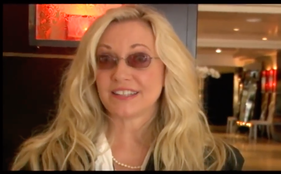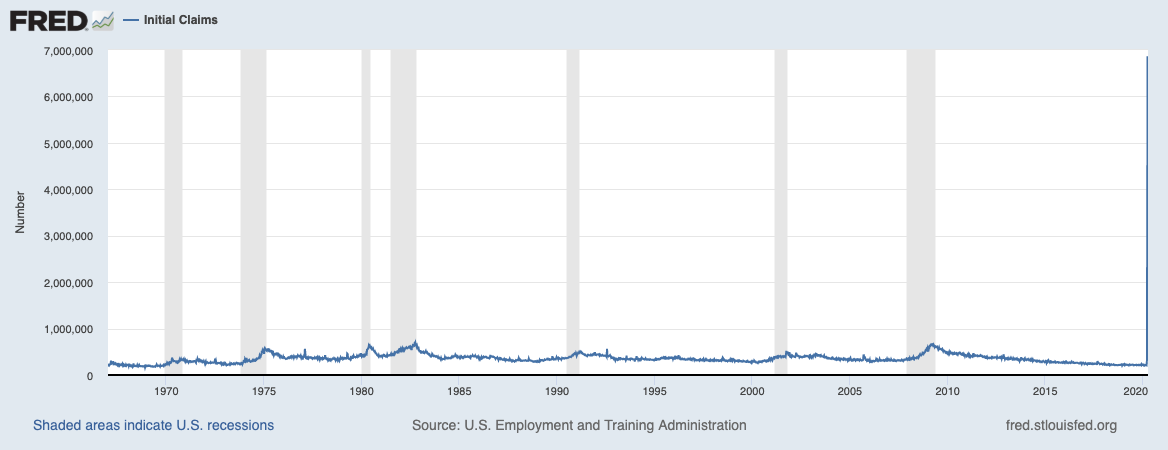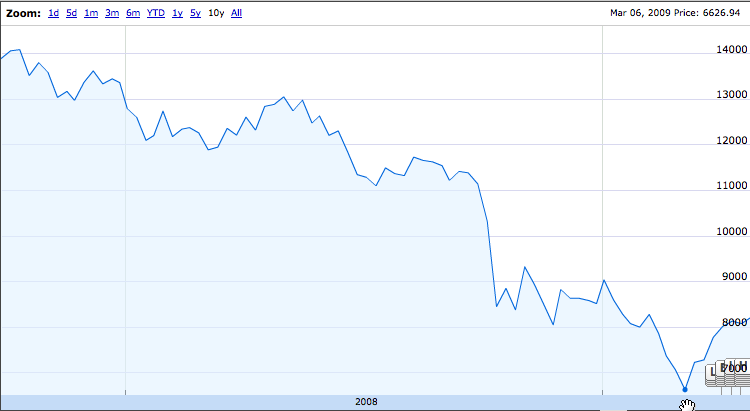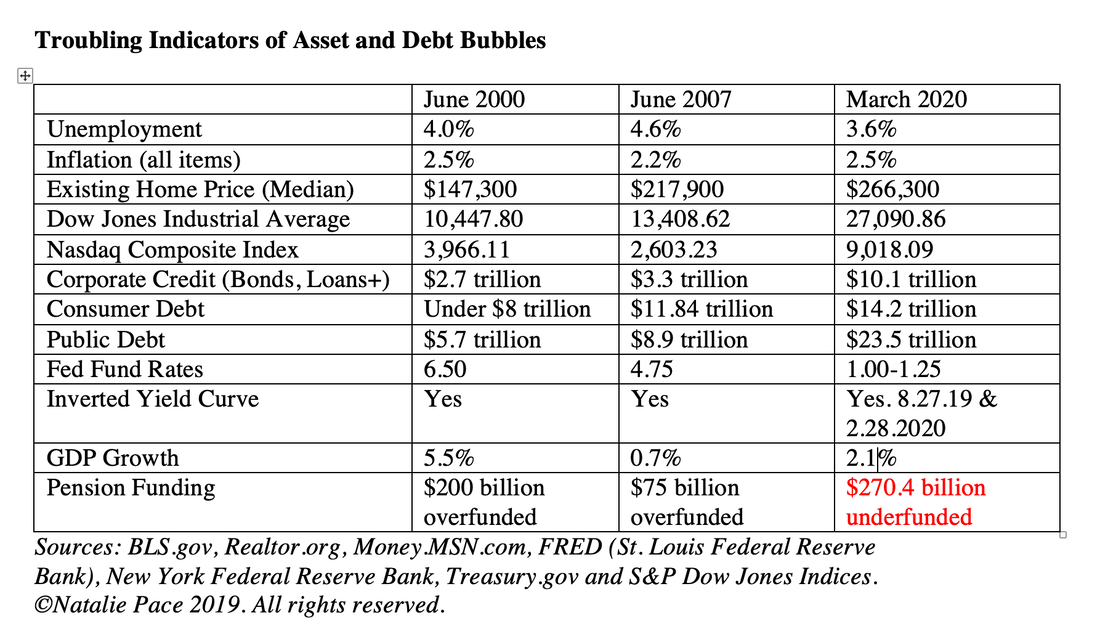|
By the Numbers and In Their Words. A Crisis Check-Up. Today is Good Friday. I know we all carry humility and prayers in our hearts today. So, I’m going to keep this as brief and to the point as I can. Below are numbers and quotes that are important to keep in mind. It’s hard to sift through all of the noise and find the nuggets of truth. May this information guide you to the decisions that will protect your fiscal health, home and job, as you protect your physical health and family during these unprecedented times. Unprecedented Unemployment There have been 16.1 million claims for unemployment in the last three weeks. This is the highest since the Department of Labor began keeping records. The previous high was in May of 2009, during the Great Recession (source: DOL.gov). As you can see in the chart below, the previous high barely looks like a blip compared to this month. That thin, tall blue line in the far left corner is the new reality we are living in. A picture is worth a thousand words. Recession 2020. The Worst Since the Great Depression. “It is already clear that global growth will turn sharply negative in 2020, as you will see in our World Economic Outlook next week. In fact, we anticipate the worst economic fallout since the Great Depression,” Kristalina Georgieva, IMF Managing Director. Recovery in the 2nd Half of the Year? The IMF is hoping for a partial recovery in 2021 – if the pandemic fades in the second half of the year. Will The Federal Reserve and the IMF Bail Out All of The Businesses (and Your Bonds)? There will be winners and losers. According to Federal Reserve Board Chairman Jerome Powell in a speech on April 9, 2020, “I would stress that these are lending powers, not spending powers. The Fed can only make secured loans to solvent entities with the expectation that the loans will be fully repaid… There will be entities of various kinds that need direct fiscal support rather than a loan they would struggle to repay.” During the Great Recession, some companies were bailed out (most banks and insurance companies, including AIG), some were forced to liquidate (mortgage brokers, Lehman Bros.), some were swallowed up on the cheap (Bear Stearns, Countrywide, Merrill Lynch and more) and some were allowed to go bankrupt to restructure their debt while they continued to operated (airlines and auto manufacturers). That process began in early 2007. Stocks continued to rise until October of 2007. In early 2008, Bear Stearns’ real estate hedge funds collapsed. By March 15, 2008, the company was sold for pennies on the dollar to JP Morgan. On Sept. 15, 2008, Lehman Bros. declared bankruptcy. On June 1, 2009, General Motors filed Chapter 11. Wall Street attempted many mini-rallies in between this series of unfortunate events. However, the overall trend was down. The low was sounded on March 9, 2009, when the Dow Jones Industrial Average crashed to 6547. (So, if you’re hearing that stocks hit an all-time low in mid-March, it’s time to seek out new, more reliable sources of information.) The Dow Jones Industrial Average October 2007 through March 2009 Stocks Have Lost More Than Half in the Last 2 Recessions If you’re hoping for a recovery in stocks back to all-time highs, history teaches us a different lesson. In the Great Recession, the Dow Jones Industrial Average lost 55% of its value. In the Dot Com Recession, the NASDAQ Composite Index lost 78% of its value and took 15 years to crawl back to the highs set in March of 2000. Real Estate Home prices dropped severely in the Great Recession. The median existing-home price for all housing types in February 2020 was $270,100 (source: National Association of Realtors). This is lower than the 2019 high of $271,900, and a lot lower than the high set in June of 2019 of $285,300. If real estate sinks as low as it did in the Great Recession, existing home owners have almost 40% of their home equity at risk. Now is the time to make sure that you can afford your home, and that you are not at risk of an underwater mortgage. (There are 21st Century housing solutions that might help with this analysis.) How Low Can Home Prices Go? Between the high of $221,900 in 2006 and the low of $166,100 in 2011, real estate prices dropped by 25% on a nationwide average. Some areas – like Detroit, Las Vegas, Stockton, Florida and Arizona – and places where the bubble prices went much higher, or unemployment was rampant, dropped far worse. Can home prices go that low this time? What about office buildings and mega shopping malls? Well, the fundamentals are actually worse this time around. Even before the current pandemic, unaffordability was a crisis, consumer debt was at an all-time high, and there were still 3.5 million homes that were severely underwater on their mortgage. See the asset bubble chart below for additional information. Massive unemployment makes the bubblicious, unaffordable crisis that predated COVID19 a potential catastrophe. As Kristalina Georgieva said in her International Monetary Fund briefing yesterday, “There is no question that 2020 will be exceptionally difficult.” Those who 1) protect their wealth now, 2) preserve their health now, and, 3) turn off the noise and turn up the truth will position themselves best to come out on the other side of this unprecedented pandemic that we find ourselves in. There are 21st solutions that will help you to weather this crisis. Clinging to last-century strategies, or the short-term solutions that were mere band-aids for an unsustainable lifestyle, which so many of us were living just a few months ago, will cost us all dearly. May we all be blessed with family and health this sacred weekend. Our team will be on call to help you this weekend. Should you choose to register for the April 18-20, 2020 Retreat or would like to get an unbiased 2nd opinion on your current wealth (budgeting and investing) strategy, simply email [email protected] or call 310-430-2397 for assistance. As Benjamin Franklin says, “An investment in knowledge pays the best interest.” If you’re getting your information from the bank, from your broker, or from a debt collector, now is the time to learn The ABCs of Money that we all should have received in high school. It’s your money. You must be the boss of your wealth and life. Don’t have blind faith that someone else is doing this for you. Our time-proven strategies will give you the valuable data, information and 21st Century systems that are essential for a post-pandemic world. Email [email protected] or call 310-430-2397 to learn more. Other Blogs of Interest 8 Money Myths, Money Pits, Scams and Conspiracy Theories. 21st Century Solutions for Protecting Your Home, Nest Egg & Job. Wall Street Insiders are Selling Like There is No Tomorrow. Why Are My Bonds Losing Money? Tomorrow is Going to be Another Tough Day. Price Matters. Stock Prices are Still Too High. Should You Ride Things Out? 7 Recession Indicators Corona Virus Update. The Bank Bail-in Plan on Your Dime. NASDAQ is Up 6X. CoronaVirus: Which Companies and Countries Will be Most Impacted. Is Tesla Worth GM and Ford Combined. Artificial Intelligence is on Fire. Is it Time to Buy S'More? Take the Retirement Challenge. 2020 Investor IQ Test. Answers to the 2020 Investor IQ Test. The Cannabis Capital Crunch and Stock Meltdown. Does Your Commute Pollute More Than Planes? Are Health Care Costs Killing Your Budget? 2020 Crystal Ball. The Benefits of Living Green. Featuring H.R.H. The Prince of Wales' Twin Eco Communities. What Love, Time and Charity Have to do with our Commonwealth. Interview with MacArthur Genius Award Winner Kevin Murphy. Unicorns Yesterday. Fairy Tales Today. IPO Losses Top $100 Billion. Counting Blessings on Thanksgiving. Real Estate Prices Decline. Hong Kong Slides into a Recession. China Slows. They Trusted Him. Now He Doesn't Return Phone Calls. Beyond Meat's Shares Dive 67% in 2 Months. Price Matters. Will There be a Santa Rally? It's Up to Apple. Will JP Morgan Implode on Fairy Tales and Unicorns. Harness Your Emotions for Successful Investing. What the Ford Downgrade Means for Main Street. The Dow Dropped Over 1000 Points Do We Talk Ourselves into Recessions? Interview with Nobel Prize Winning Economist Robert J. Shiller. Ford is Downgraded to Junk. From Buried Alive in Bill to Buying Your Own Island. The Manufacturing Recession. An Interview with Liz Ann Sonders. Gold Mining ETFs Have Doubled. The Gold Bull Market Has Begun. The We Work IPO. The Highs and Hangovers of Investing in Cannabis. Recession Proof Your Life. China Takes a Bite Out of Apple Sales. Will the Dow Hit 30,000? A Check Up on the Economy Red Flags in the Boeing 2Q 2019 Earnings Report The Weakening Economy. Think Capture Gains, Not Stop Losses. Buy and Hold Works. Right? Wall Street Secrets Your Broker Isn't Telling You. Unaffordability: The Unspoken Housing Crisis in America. Are You Being Pressured to Buy a Home or Stocks? What's Your Exit Strategy? It's Time To Do Your Annual Rebalancing. Cannabis Crashes. Should You Get High Again? Are You Suffering From Buy High, Sell Low Mentality? Financial Engineering is Not Real Growth. The Zoom IPO. 10 Rally Killers. Fix the Roof While the Sun is Shining. Uber vs. Lyft. Which IPO Will Drive Returns? Boeing Cuts 737 Production by 20%. Earth Gratitude This Earth Day. Real Estate is Back to an All-Time High. The Lyft IPO Hits Wall Street. Should you take a ride? Cannabis Doubles. Did you miss the party? 12 Investing Mistakes Drowning in Debt? Get Solutions. CBD Oil for Sale. The High Cost of Free Advice. Apple's Real Problem in China: Huawei. 2018 is the Worst December Since the Great Depression. Will the Feds Raise Interest Rates? Should They? Learn what you're not being told in the MSM. Why FANG, Banks and Your Value Funds Are in Trouble. Russia Dumps Treasuries and Buys Gold OPEC and Russia Cut Oil Production. Important Disclaimers Please note: Natalie Pace does not act or operate like a broker. She reports on financial news, and is one of the most trusted sources of financial literacy, education and forensic analysis in the world. Natalie Pace educates and informs individual investors to give investors a competitive edge in their personal decision-making. Any publicly traded companies or funds mentioned by Natalie Pace are not intended to be buy or sell recommendations. ALWAYS do your research and consult an experienced, reputable financial professional before buying or selling any security, and consider your long-term goals and strategies. Investors should NOT be all in on any asset class or individual stocks. Your retirement plan should reflect a diversified strategy, which has been designed with the assistance of a financial professional who is familiar with your goals, risk tolerance, tax needs and more. The "trading" portion of your portfolio should be a very small part of your investment strategy, and the amount of money you invest into individual companies should never be greater than your experience, wisdom, knowledge and patience. Information has been obtained from sources believed to be reliable however NataliePace.com does not warrant its completeness or accuracy. Opinions constitute our judgment as of the date of this publication and are subject to change without notice. This material is not intended as an offer or solicitation for the purchase or sale of any financial instrument. Securities, financial instruments or strategies mentioned herein may not be suitable for all investors. 27/4/2020 07:04:30 pm
I agree with you "It is already clear that global growth will turn sharply negative in 2020". Comments are closed.
|
AuthorNatalie Pace is the co-creator of the Earth Gratitude Project and the author of The Power of 8 Billion: It's Up to Us, The ABCs of Money, The ABCs of Money for College, The Gratitude Game and Put Your Money Where Your Heart Is. She is a repeat guest & speaker on national news shows and stages. She has been ranked the No. 1 stock picker, above over 830 A-list pundits, by an independent tracking agency, and has been saving homes and nest eggs since 1999. Archives
July 2024
Categories |











 RSS Feed
RSS Feed